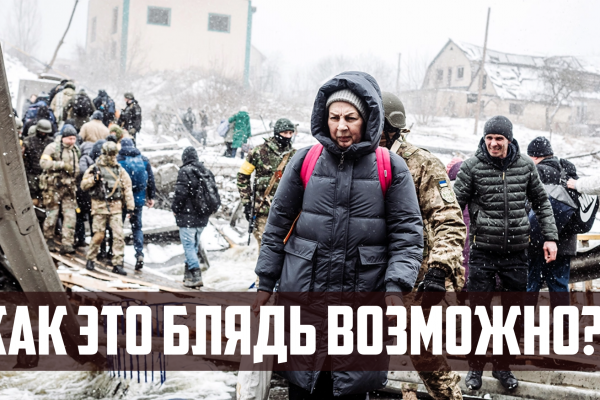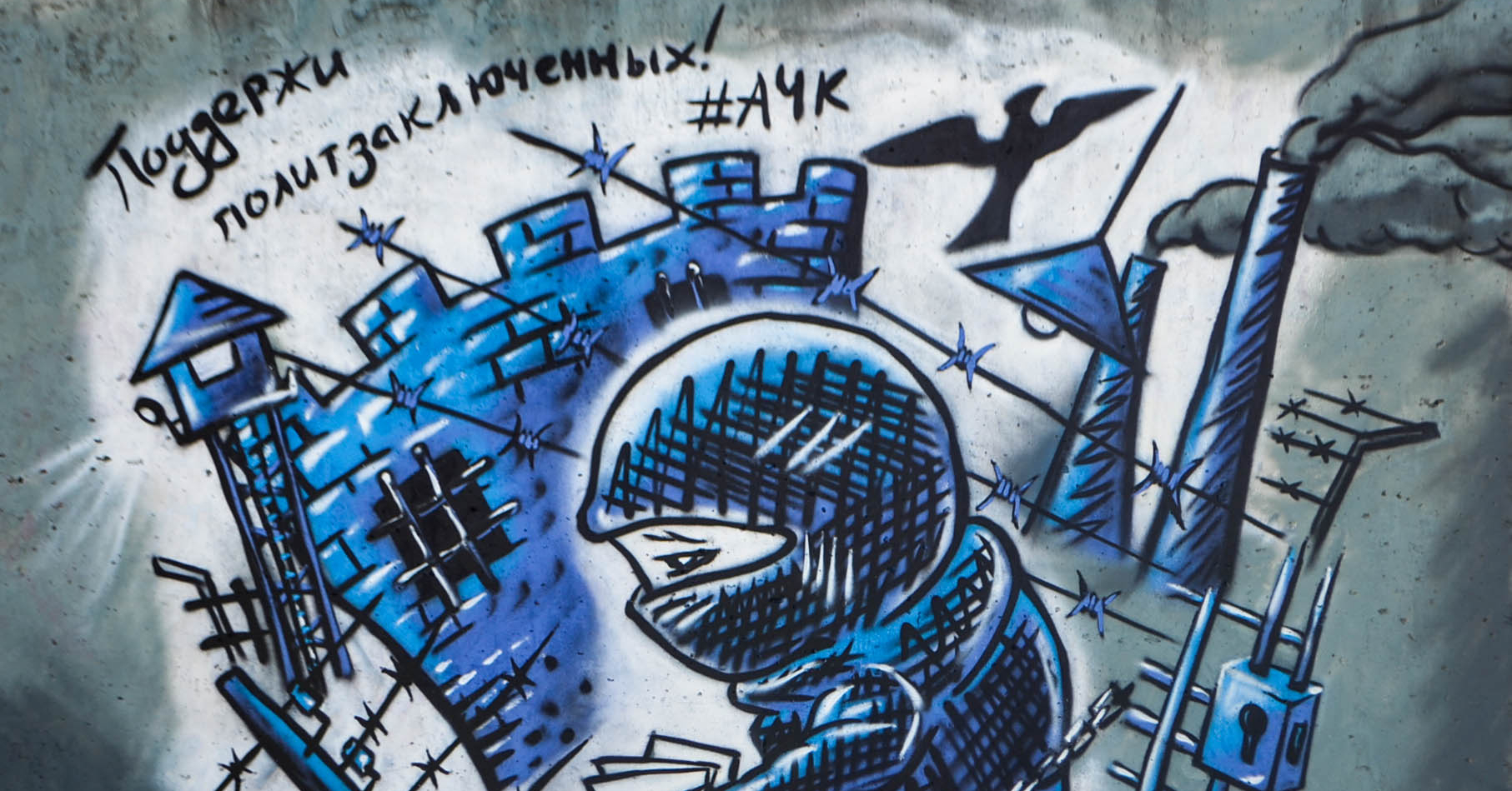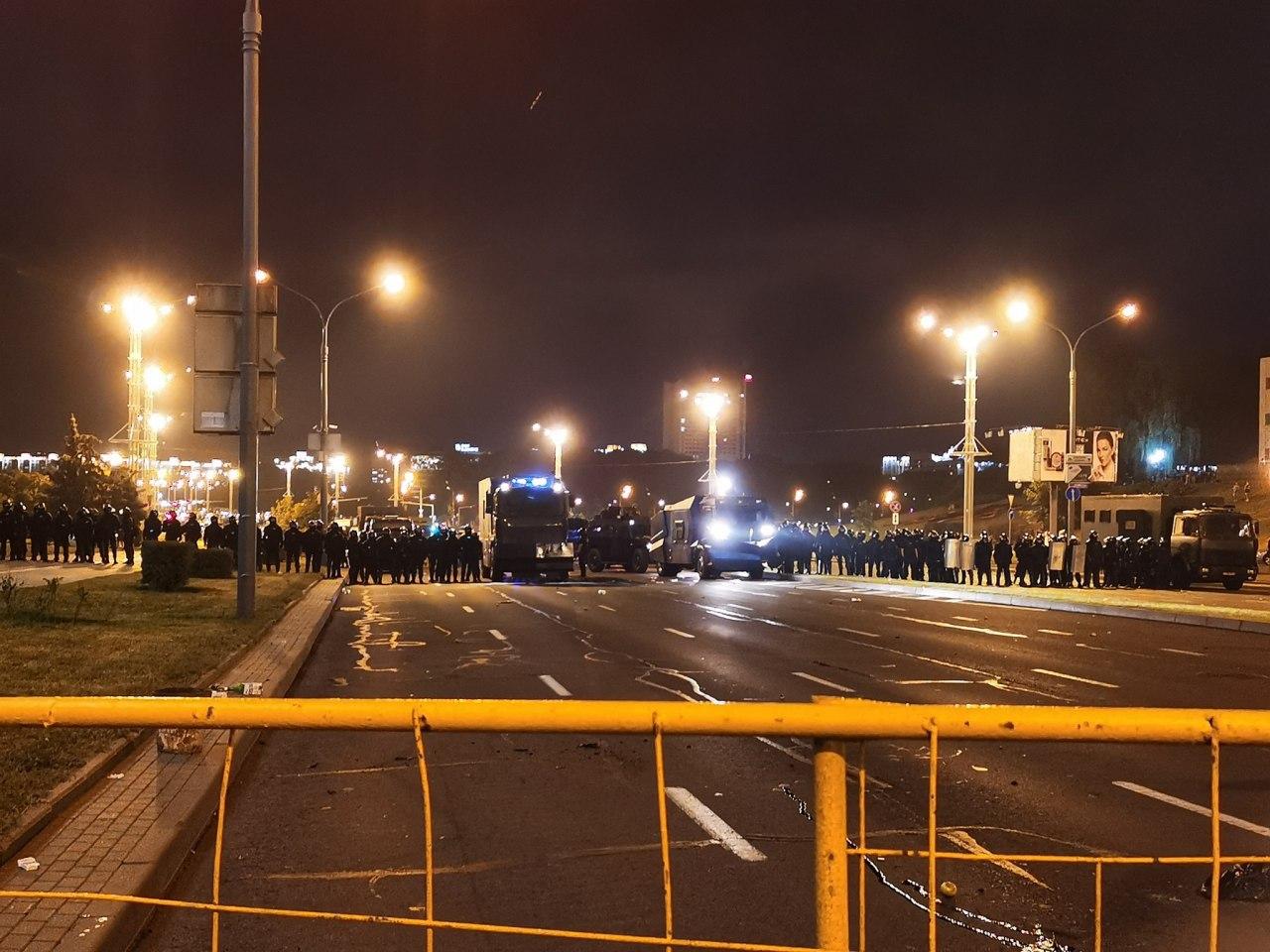Today, actions to commemorate the Chernobyl disaster are taking place all over the planet. Paradoxically, in the country that suffered the most from Chernobyl, memorial events are banned. And Lukashenko and his loyal officials continue to play with nuclear power.
Belarusian politicians and clerks were well aware of the threat of the “peaceful” atom at first. That is why the country had a moratorium on nuclear construction until 2008. In the 1990s, anarchist environmental groups, among others, played an important role in prolonging the moratorium; they used their protests and other actions to draw public attention once again to the dangers of building a nuclear power plant.
The decision to build the new plant in 2008 was not made for energy reasons, but rather as another major political project. For the Lukashenko dictatorship, such large projects play a symbolic role – they become a kind of monuments to the regime, which will poison the life of Belarusian society for generations to come. With such ambitions, it is not surprising that environmental protests have yielded no results in extending the moratorium or canceling plans to build the nuclear power plant. Anarchists and a number of NGOs have opposed the construction of the nuclear power plant since 2008. In principle, even then it was clear that a political project that had to be completed by any means, could very easily turn into another disaster. Constant news about technical problems during construction and after the plant is put into operation only confirms these fears.
On the one hand, Lukashenko has driven Belarusians into a “peaceful” atom swamp with his megaproject – if the plant continues to operate, we will have to deal with the storage of spent radioactive materials. On the other hand, credits of Russia tied the Belarusan society to the Putin regime. Any attempt to cut these financial obligations would bring new problems with Russia, and the opposition understands this very well. Even if Lukashenko is ousted, it is difficult to imagine a new liberal government that would shut down the nuclear power plant and refuse to pay the debts of this reckless project.
Meanwhile, reality has shown that even with all the technological progress, Belarus hardly needs a nuclear power plant. Part of the produced capacity is exported to countries that are still willing to do some business with the dictator. As the sanctions list against the regime grows, the opportunities for Lukashenko to sell nuclear power diminish. Eventually, the regime may become the first to build a nuclear power plant to mine cryptocurrencies.
Thirty-five years later, Belarusian society still has to fight the government to recognize the threats of the nuclear power plant, and the further we put the Chernobyl accident into history, the harder it will be to convince politicians and officials that other solutions are needed for the country’s energy independence. The Belarusian nuclear power plant is a threat to the safety and future not only of our society, but to all our neighbors who are already buying iodine. Let’s hope that we can overthrow the regime before it kills us all and destroys part of the country.




